The annual Health And… conference is designed to advance health equity. VCP Founder and Co-Director Professor Heidi. J Larson is one of an esteemed panel of speakers.
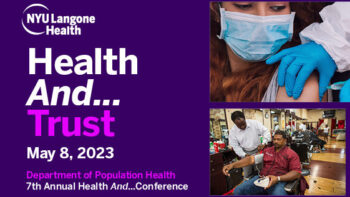

The annual Health And… conference is designed to advance health equity. VCP Founder and Co-Director Professor Heidi. J Larson is one of an esteemed panel of speakers.
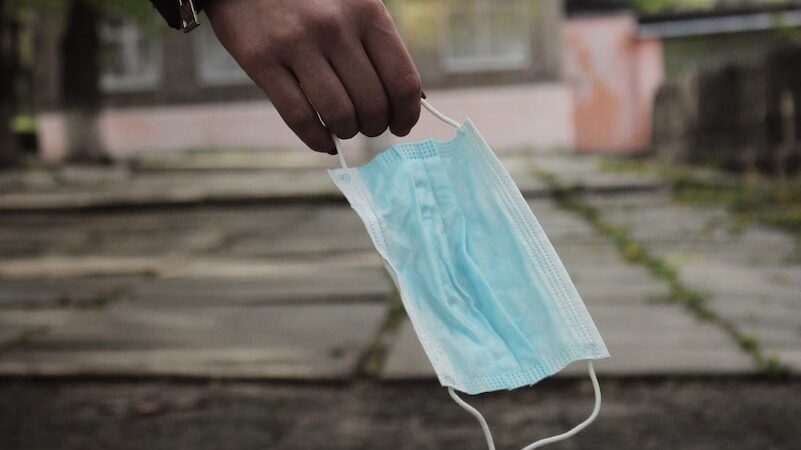
Our third study of COVID-19 vaccine hesitancy among 23,000 respondents in 23 countries, surveyed from 29 June to 10 July 2022 found willingness to accept vaccination at 79.1%, up 5.2% from June 2021.
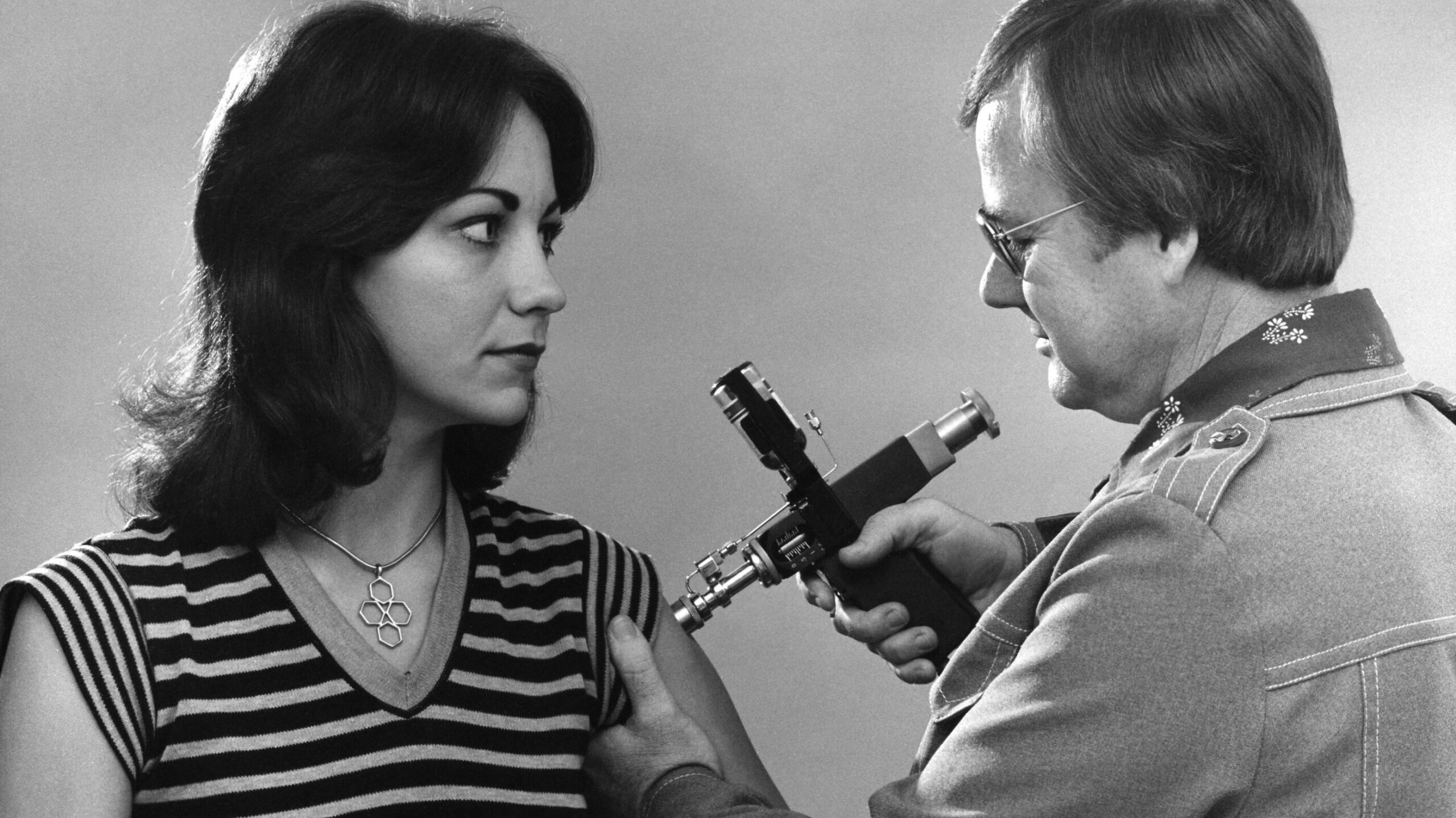
“This should be a wake-up call to people,” says Heidi Larson, a professor and founder of the…
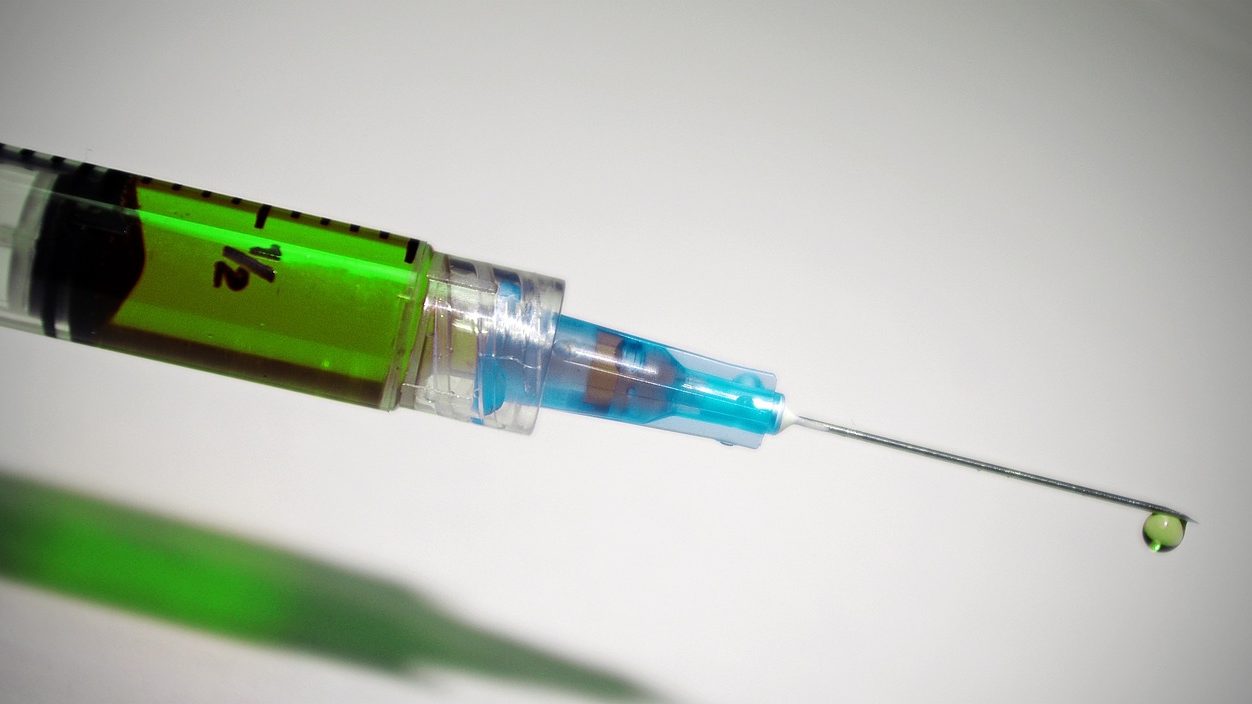
In this large-scale multi-country study, we explored intent to accept a COVID-19 vaccine and the socio-demographic and emotional determinants of uptake for 17 countries.

Vaccine confidence in the United States of America is high compared to other countries. The latest data we have for the United States of America is from surveys conducted in 2022 which showed that 73% of people feel that vaccines are safe and 77% think they are effective. 79% of those surveyed said they believe it’s important for children to have vaccines and 54% feel that vaccines are compatible with their religious beliefs.

Years of lies and rumours about COVID have had a contagion effect, damaging public acceptance of all vaccines, said…
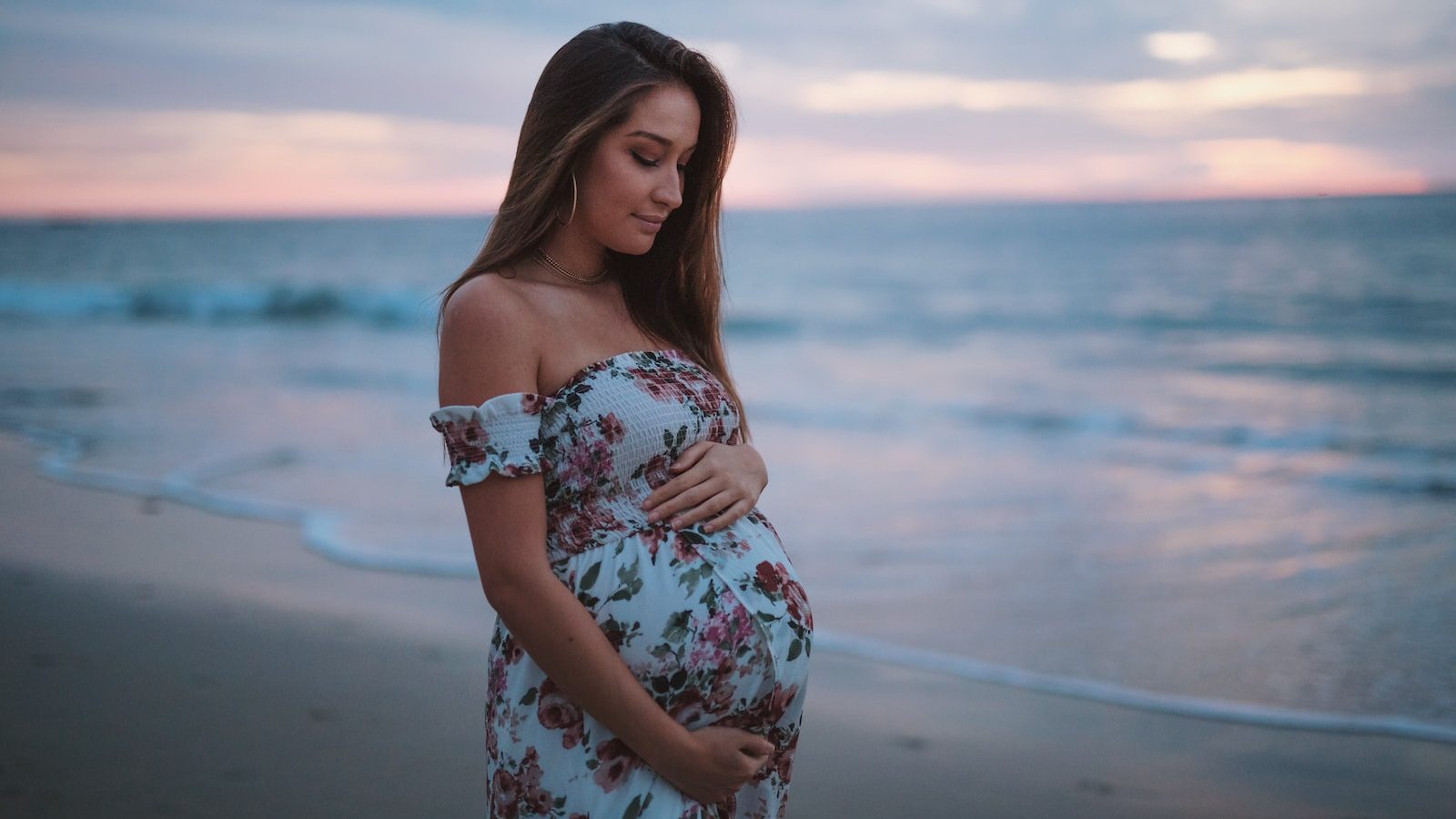
Pfizer announced Tuesday that its maternal RSV vaccine, given during pregnancy, protected infants from developing severe symptoms during…

Working through the spring of 2021, the CSIS-LSHTM High-Level Panel on Vaccine Confidence and Misinformation analysed the diverse forms of vaccine hesitancy in the United States and their links to international phenomena.
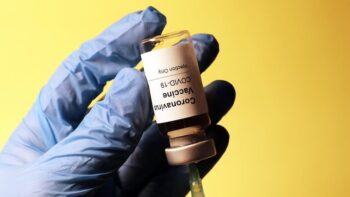
Between October 31, 2020 and December 15, 2020, 26,759 individuals were surveyed across 32 countries via nationally representative survey designs.
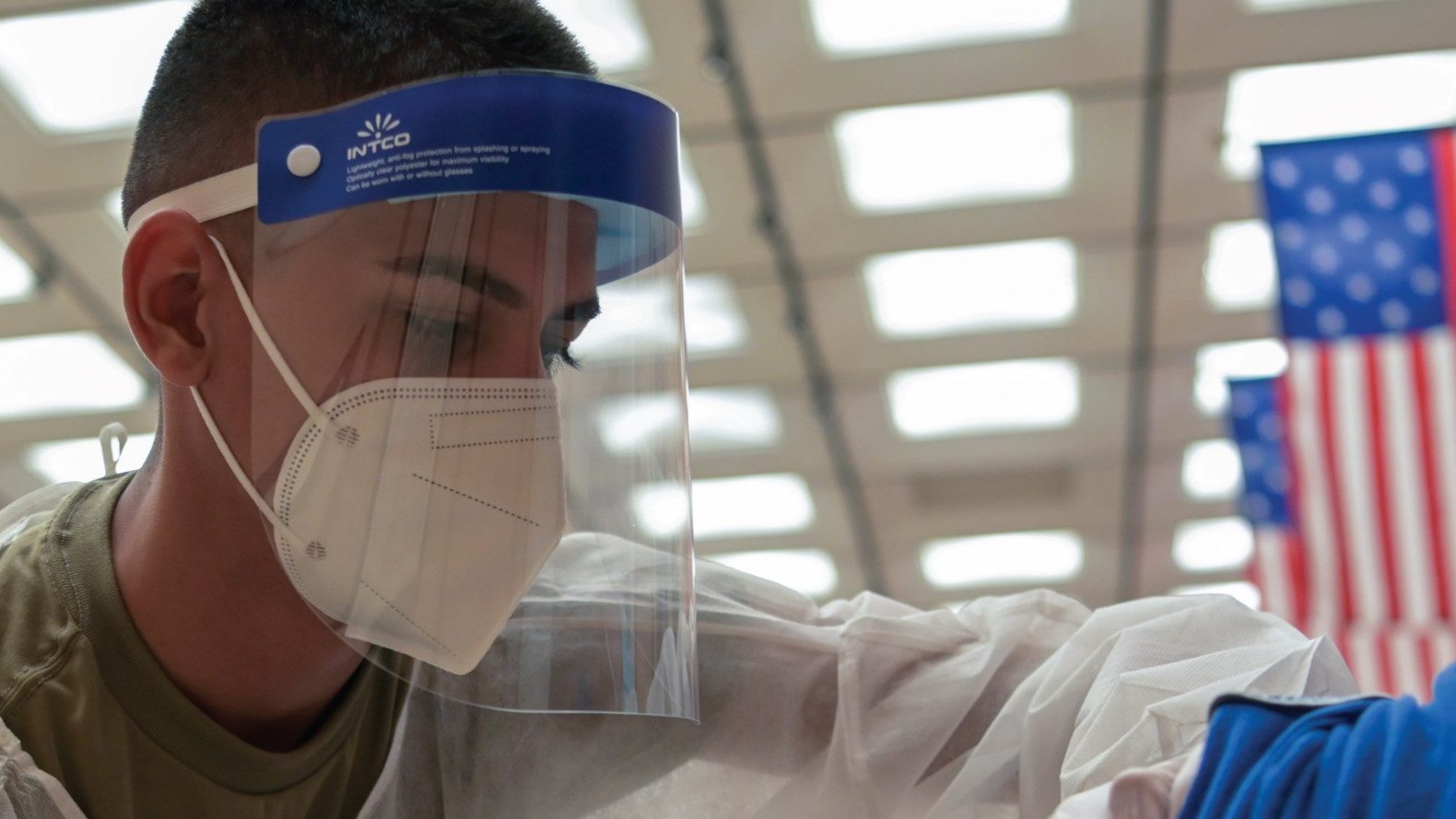
This briefing provides a summary of the report…
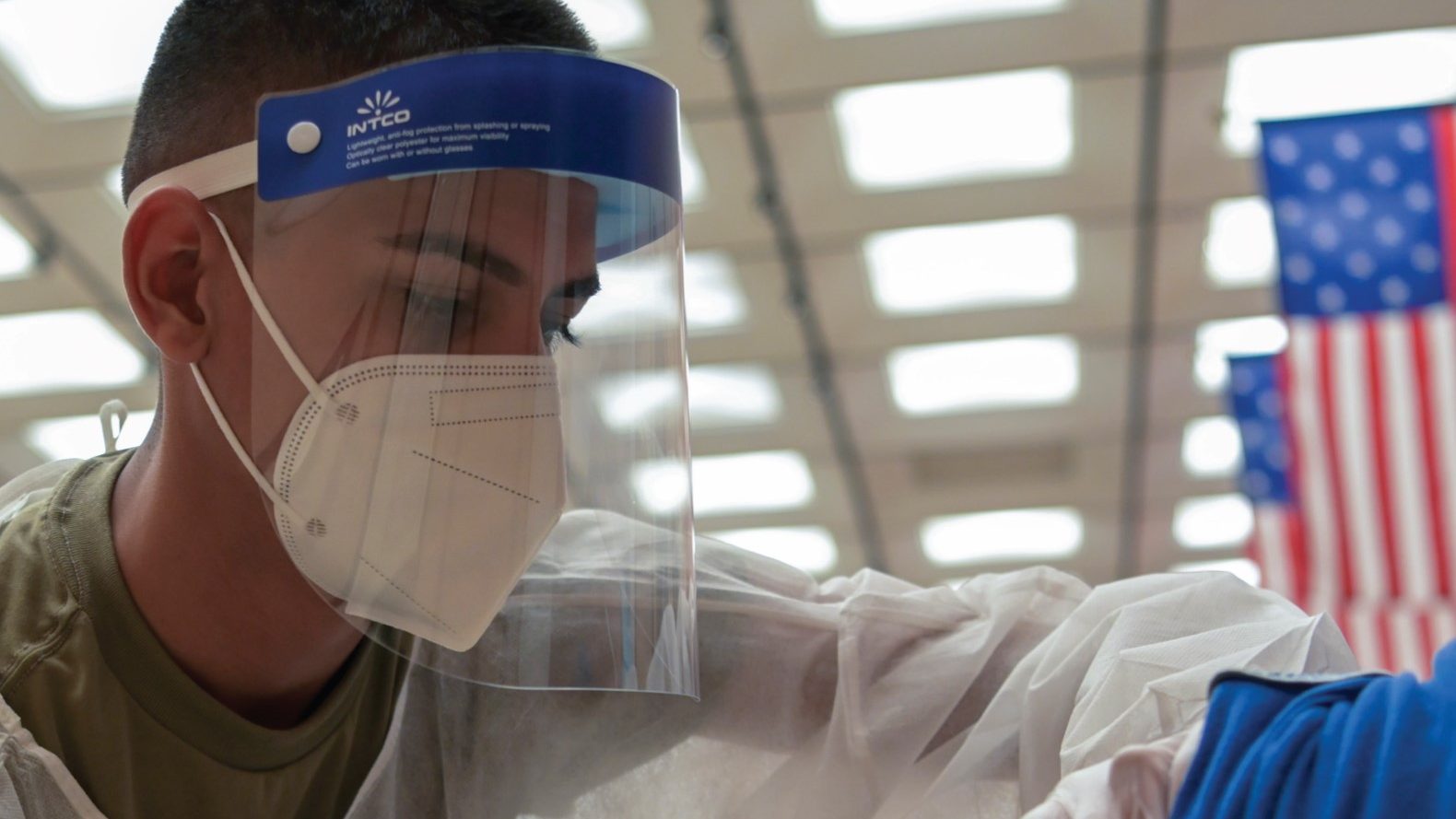
This report argues that vaccine confidence is essential to ensuring national security, and recommends bolstering confidence-building efforts in five critical areas.

In this study, we aimed to build upon recent advances in Transformer-based…